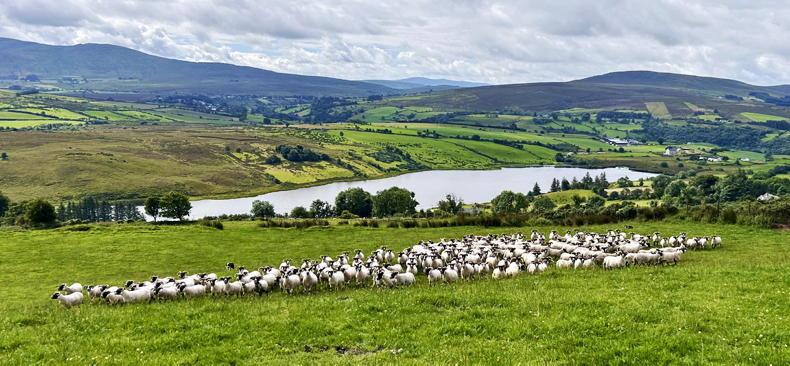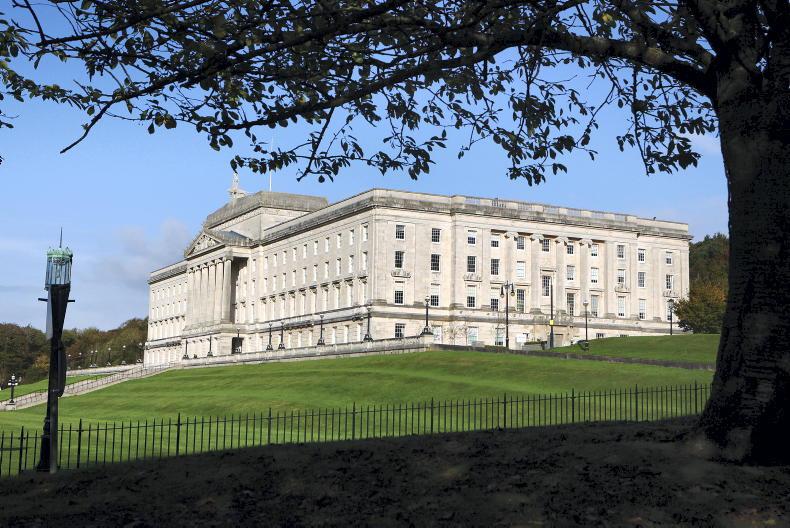The UK's House of Commons speaker John Bercow has become a familiar figure in Brexit debate. He is centre stage when announcing votes in parliament, an exercise he carries out with considerable drama. However, on Monday he became the news agenda when he announced that he wouldn’t allow the prime minister bring back her withdrawal agreement for a third vote without it being substantially changed.
Theresa May already had a major job on her hands to make it third time lucky with the vote in parliament. Since last week, she has been focusing her attention on the DUP. The publication of her tariff proposals last week with Northern Ireland a back door for Irish exports to the UK was a clear signal that Northern Ireland was going to be treated very differently for Irish trade compared with trade via the main ports of Holyhead and Fishguard.
Since the second vote, the DUP have appeared to be softening their opposition, as have a number of pro-Brexit MPs. Until the speaker's intervention on Monday, the debate was revolving around whether the prime minister could persuade enough to get her withdrawal agreement through parliament at the third attempt.
Impact of the decision
The announcement by the speaker that he wasn’t allowing the withdrawal agreement back before parliament for a third attempt makes an already uncertain process even more so. The prime minister was already accepting that the UK would have to seek at least a short extension because there simply isn’t enough time left to put the legislation in place before 29 March. The Brexit minister in the UK government, Kwasi Kwarteng, confirmed during the debate in parliament on Monday that the UK would be applying for an extension beyond the 29 March departure date but as of yet there is no indication of how long this extension might be.
Default position
Theresa May’s government was in a difficult enough place already as the clock counts down to departure, a mere 11 days from now. As things stand, the one policy that is in place is that the UK will depart on 29 March. Something needs to win parliamentary approval to prevent this happening.
For the prime minister, she had staked everything on her withdrawal agreement and her strategy seems to have been to keep presenting it - as the clock ticked down, it appeared that she had hoped to get enough support because the no-deal alternative was worse.
Farmer exposure
As always, it is farmers who are most exposed if the no-deal outcome becomes the reality and the risk of it happening increased on Monday.
The bottom line is that Theresa May was giving MPs two choices in the final days: either her withdrawal agreement or a no-deal departure. The speaker has just removed May's option, which as of now just leaves the no-deal alternative and the biggest nightmare for farmers.








SHARING OPTIONS